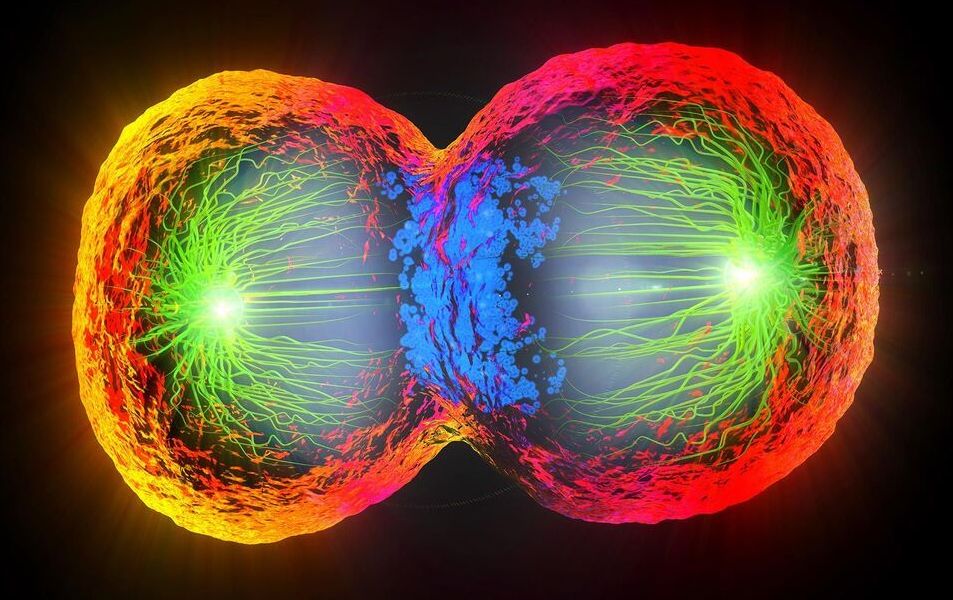Researchers created an algorithm to identify similar cell types from species – including fish, mice, flatworms and sponges – that have diverged for hundreds of millions of years, which could help fill in gaps in our understanding of evolution.
Cells are the building blocks of life, present in every living organism. But how similar do you think your cells are to a mouse? A fish? A worm?
Comparing cell types in different species across the tree of life can help biologists understand how cell types arose and how they have adapted to the functional needs of different life forms. This has been of increasing interest to evolutionary biologists in recent years because new technology now allows sequencing and identifying all cells throughout whole organisms. “There’s essentially a wave in the scientific community to classify all types of cells in a wide variety of different organisms,” explained Bo Wang, an assistant professor of bioengineering at Stanford University.
